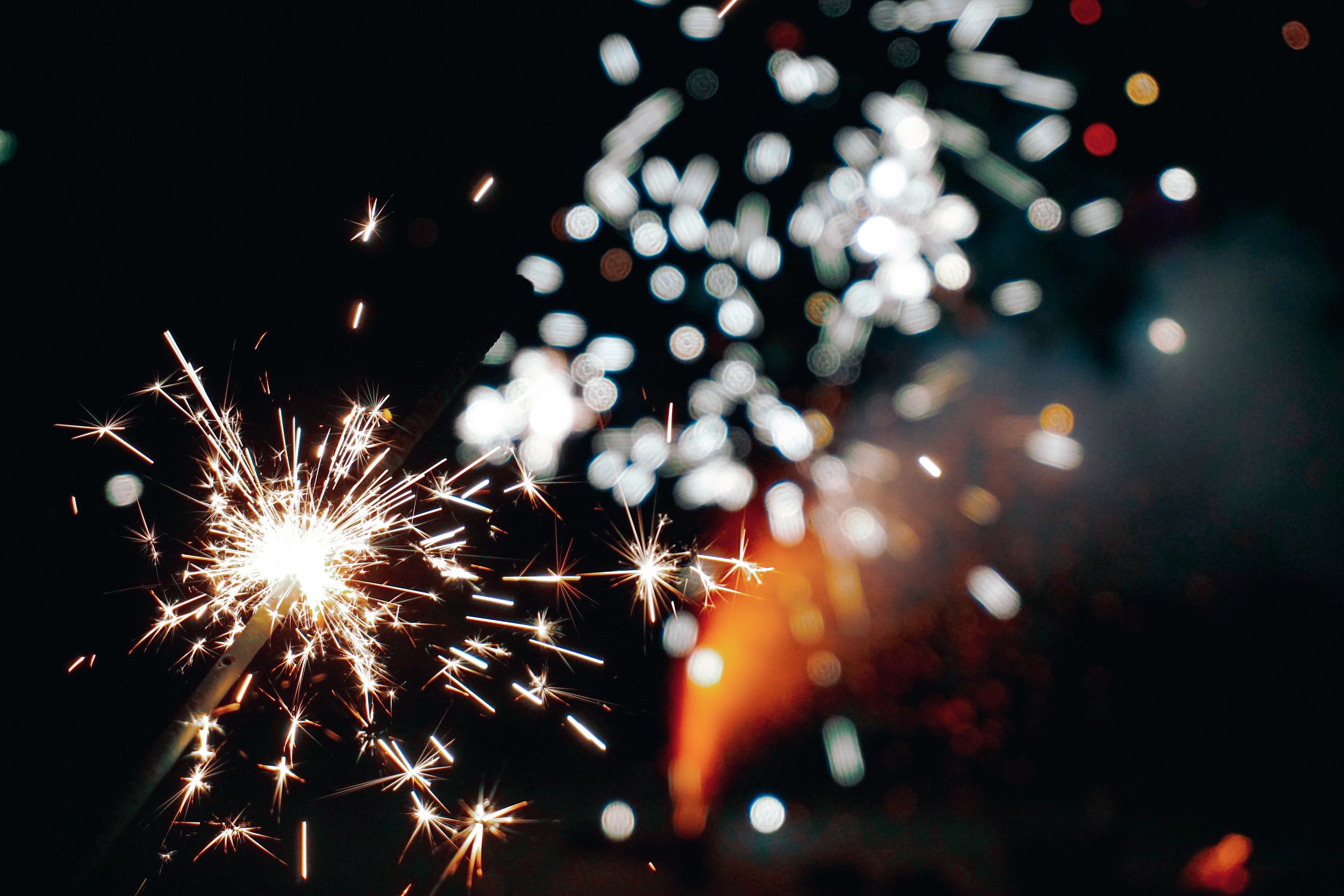(This is the 7th of the Eight Universal Principles for Stepping up to the Edge by Baron Baptiste taken from his book -“Journey into Power”.)
Photo Credit: Unsplash / Alexander Kagan
“To every action there is always opposed an equal reaction. ”
My part-time helper accidentally threw away an important accessory to my nespresso machine; without it - I can’t make my latte.
I don’t think I blew up but I confronted her. I was more flabbergasted than angry - "shouldn’t she asked me before throwing it away. I would have."
In that moment, I’d probably raised my voice. Then I stopped and asked her not to worry about it, it’s done.
She came back later and wanted to pay for it. I said no, it’s a small matter and it’s an accident.
Looking back, I felt regret that I should have reacted better.
Does this sound familiar to you? I could blame it on the fact that I’ve not had my caffeine fix, but it’s not an excuse. I’m usually kinder, but it was just an automatic reaction.
For every action, there is always a consequence.
“We don’t really have experiences in life. What we have are reactions to experiences. Things don’t happen to us. Things happen in and of themselves, and what we do is react to them.”
The way we respond is hardwired within our DNA,, so when there is stress or danger no matter how small the situation, our sympathetic nervous system triggers an automatic fight-or-flight response.
Just notice the next time when your kids misbehave, or when you argue with your spouse or when your boss reprimands you, when the train is delayed, or when someone jump the queue in front of you or someone did something that angers you - how do you react?
“The work you do on the mat facilitates your whole life.”
Yoga teaches us a 3rd way.
To stay and breathe.
When you are faced with a challenging pose for example the wheel pose or the frog pose, your immediate reaction when you hit the edge is to get out of the pose.
You can get out, but what if at that point when you want to come out of it, you choose to stay a few more breaths. No one has died yet from a little burning in the muscles as long it's not a sharp pain.
When we start to open our eyes to reaction in our yoga practice, it helps us recognise and slow down the reactiveness cycle in our everyday lives.
“The way you do anything is the way you do everything.”
Everytime we stay and breathe, we create a pause in our nervous system which slows down our launch into autopilot. It’s like we are disrupting our brain waves for make space for a new way of being.
Because the old way is not working anyway.
“Reaction is an automatic response of an old action”
That’s why I’m applying the principles for Stepping out of the Edge to my life because I want to transform how I see things. I want to change the way I react. I want to change the words I say to others and to myself. I want to be kinder.
Ask yourself how do you want to show up? Who do you want to be for others?
Try this:
If you start to feel angry, discouraged, overwhelmed, scared, stay and breathe. The act of staying and breathing is simply step back from yourself, take a deep breath in to come back into your body, watch your breath and feel the reactiveness dissipate.
“If reactions happen, let them go, come out of your head and anchor into your body.”
Journal:
What is my general outlook in life? Do I fully participate in my own life? Or am I just a bystander in my own life?
Am I a reactive person? Or am I reflective person?
Related Articles:
Intro to 8 Universal Principles to Stepping up to the Edge
Principle 1: We are Either Now Here or Nowhere
Principle 2: Be in the Now and You’ll Know How
Principle 3: Growth is the most Important Thing There is
Principle 4: Exceed Yourself to Find Your Exceeding Self
Principle 5: In Order to Heal, You Must Feel
Principle 6: Think Less, Be More
Principle 7: We are the Sum Total of Our Reactions
Principle 8: Don’t Try Hard, Try Easy

